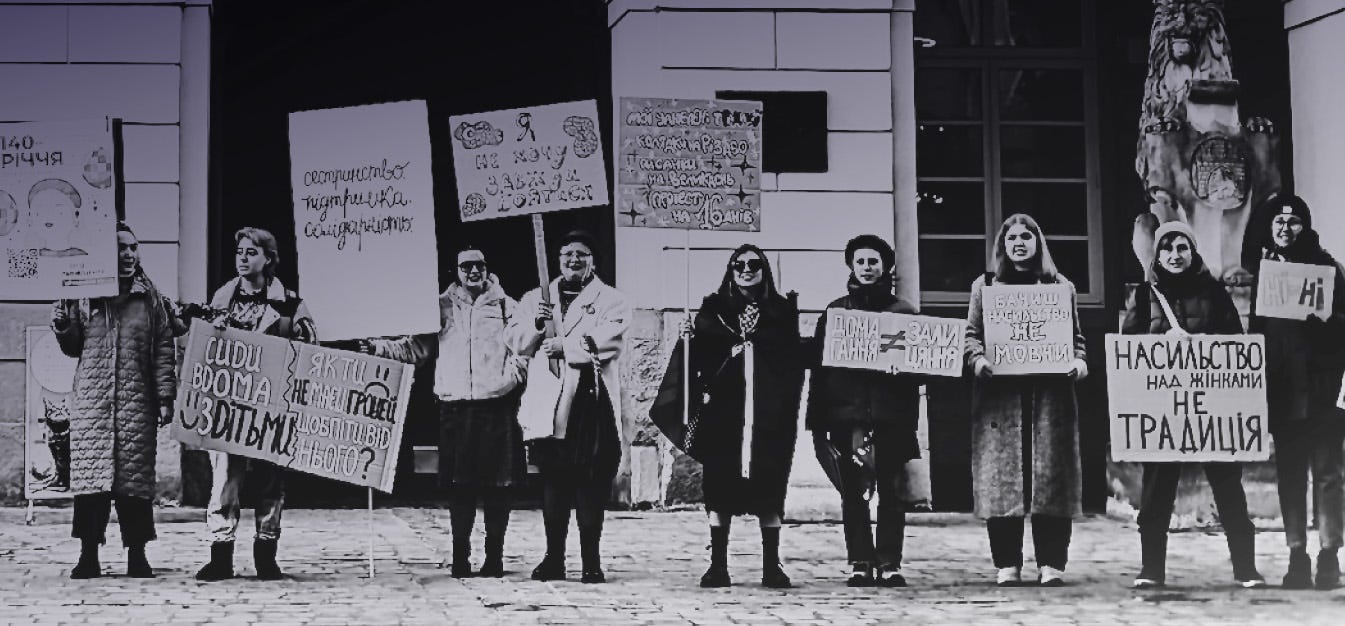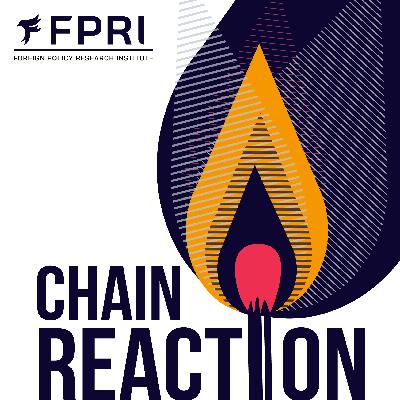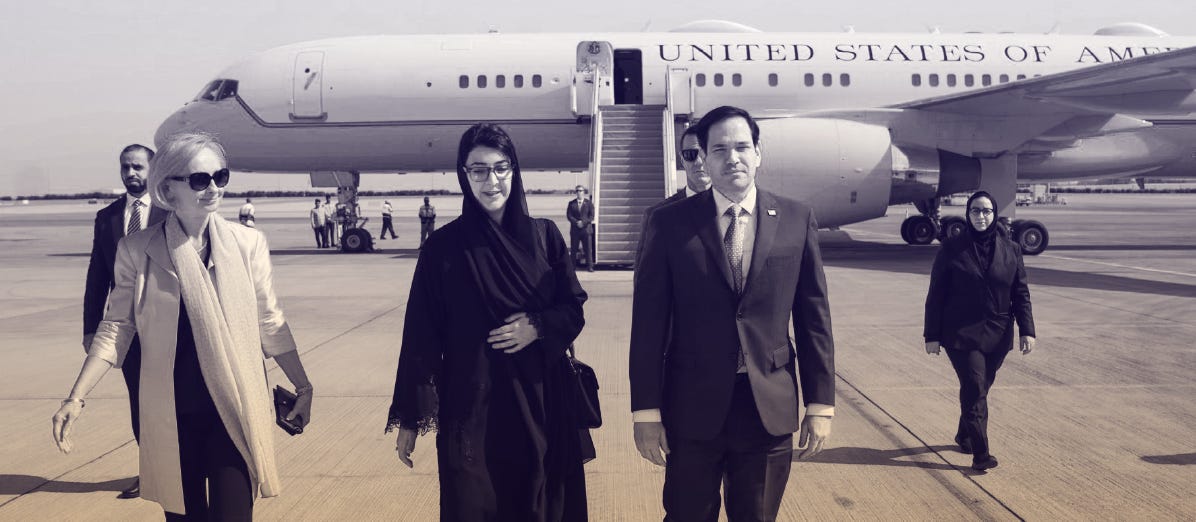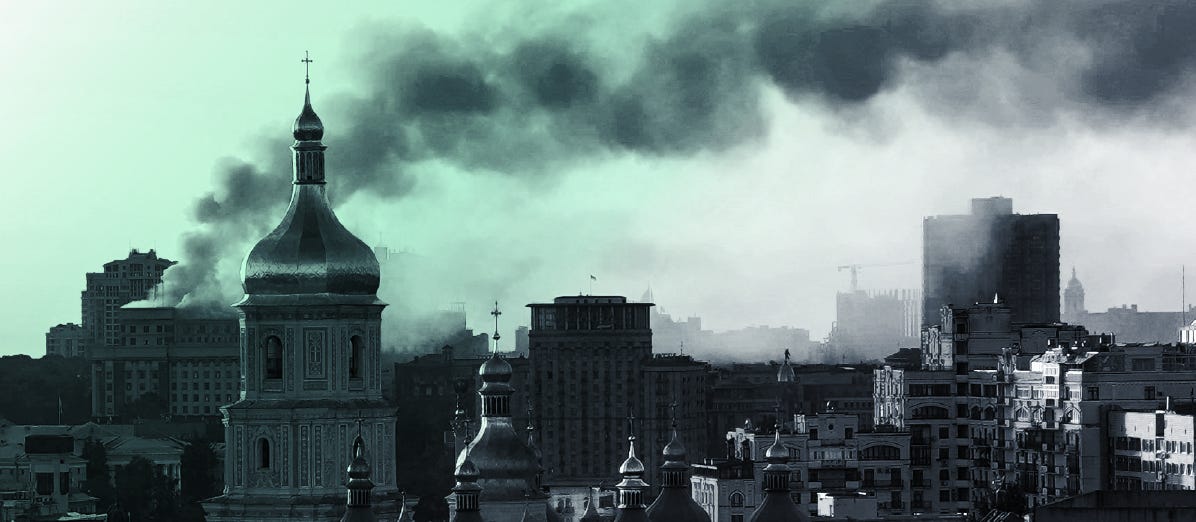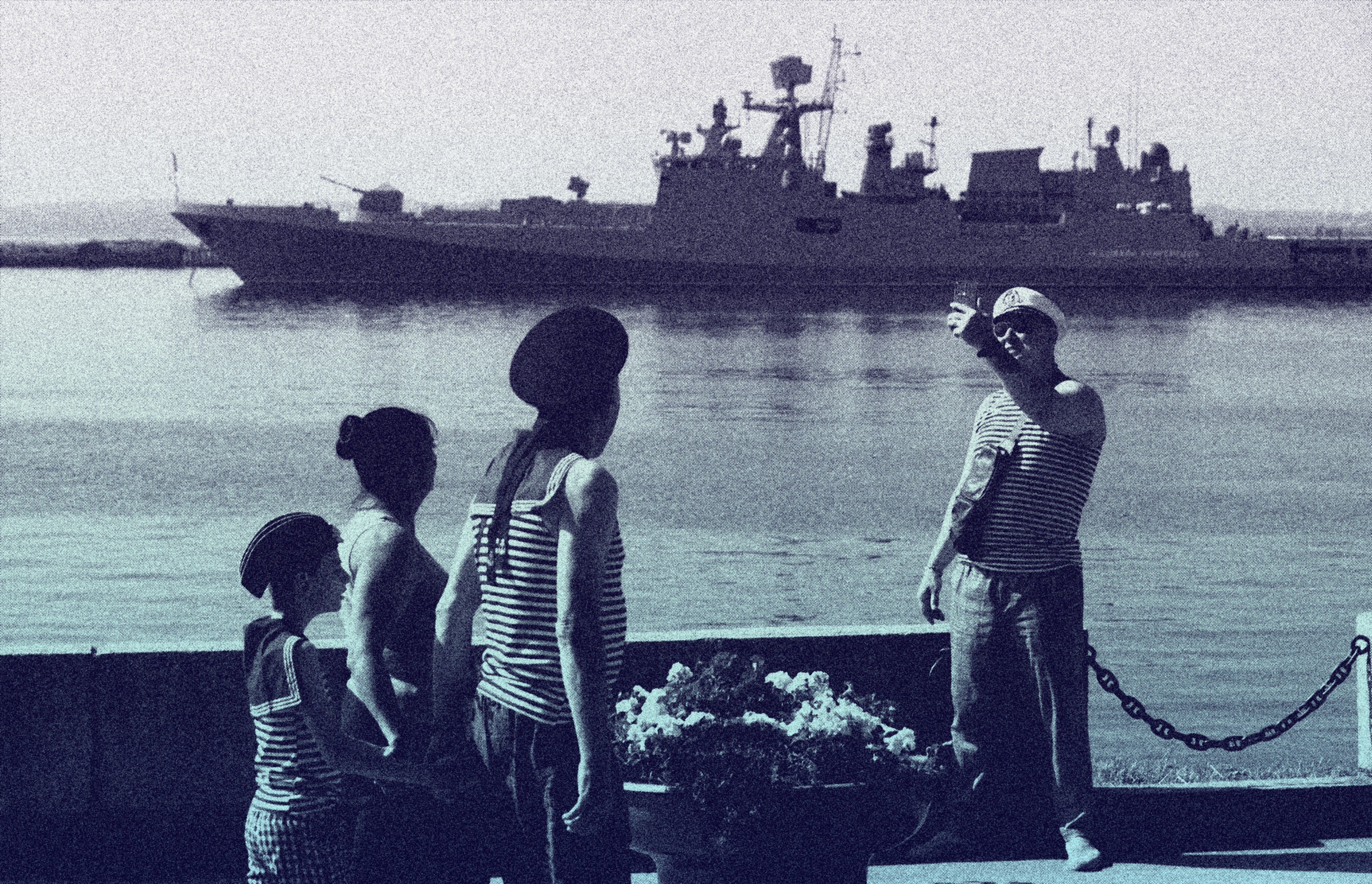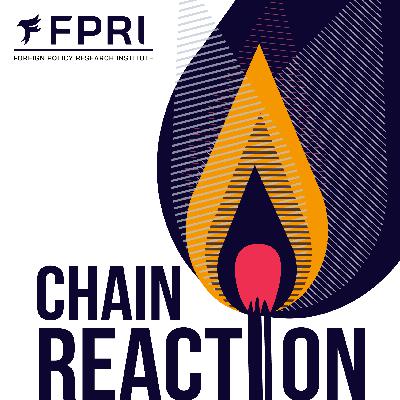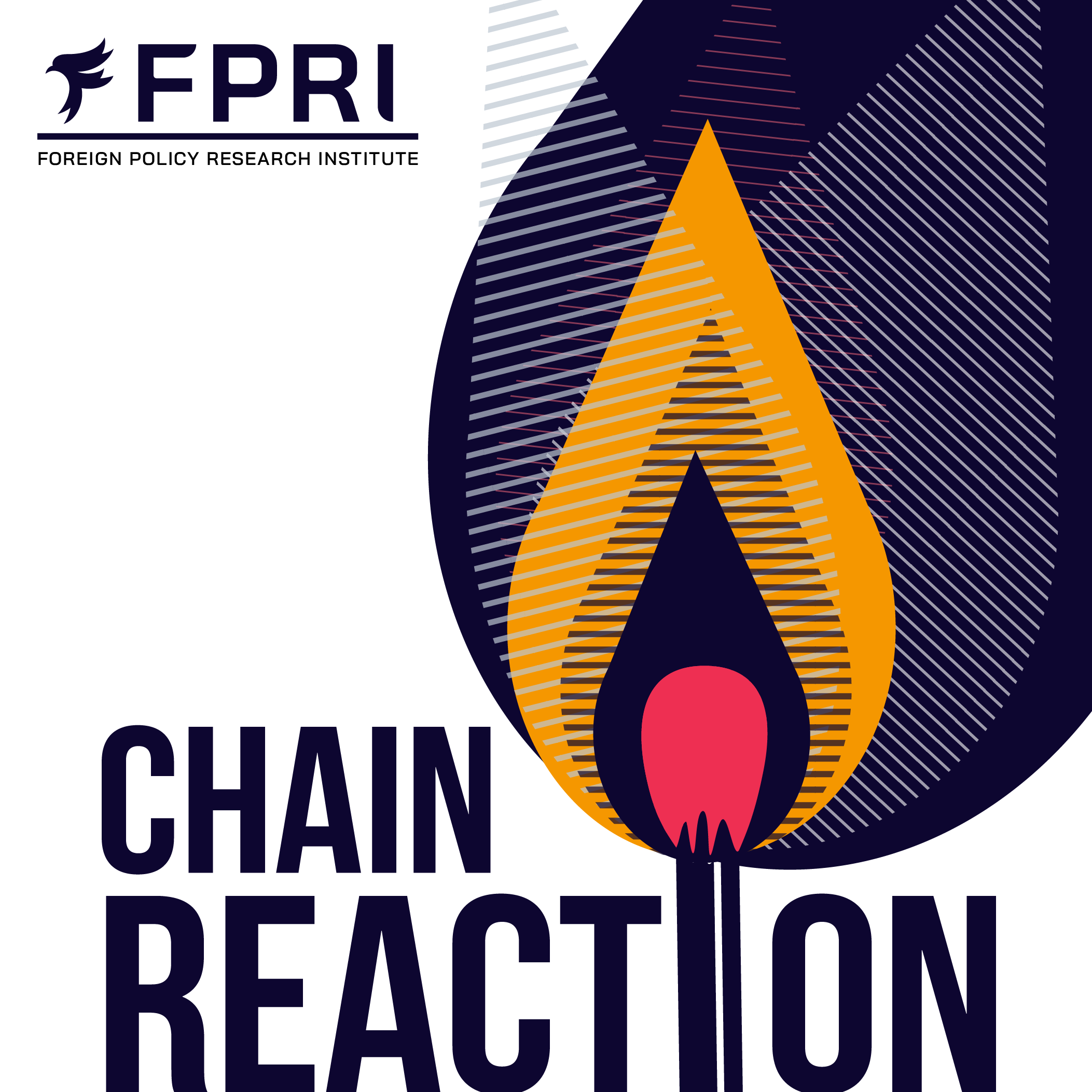The Feminists Defending Ukraine
Description
Ukrainians have resisted Russia’s aggression for years. Since the full-scale invasion of their country in 2022, Ukrainian women in particular have taken on important roles on the frontlines, in civil society, and at home.
Gražina Bielousova’s research examines how Ukrainian leftist feminists advocate for their causes at home and abroad, facing distinct challenges as they attempt to defend their country. The Ukrainian case is also distinct from Latvia and Lithuania, whose organizing takes on different shapes for the same cause. Bielousova joins Ben Gardner-Gill to explain these interactions and discuss the ongoing process of decolonization in Baltic Studies.
Transcript
Ben Gardner-Gill: Hello, and welcome to Baltic Ways. I'm your co-host, Ben Gardner-Gill. Today we're talking with Gražina Belousova. Gražina is a feminist scholar of race, religion, and gender in post-Soviet Europe. She earned her PhD from Duke University in 2022. Currently, she is a postdoctoral scholar at Vilnius University's Institute of International Relations and Political Science and a researcher at Vytautas Magnus University.
Her current research project focuses on leftist feminisms in East Europe in light of Russia's war against Ukraine, which will culminate in her first book, What's Left of Feminism in East Europe.
Gražina, welcome to Baltic Ways.
Gražina Belousova: Thank you so much for having me, Ben.
BGG: So let's kick off by just hearing a little bit more about your background. I know you finished your PhD pretty recently. Could you tell us a little bit more about how you got into academia, sort of your research interests, and what you're working on at the moment?
GB: Right. Yes, I just defended my PhD in 2022. It's hard to believe that it's been nearly three years now. In my PhD, I focused on historical matters. My PhD was in religion and cultural anthropology. And one of the things that I found missing when I was trying to theorize the part of the world that I call home and that most of the world calls Eastern Europe—I realized that I was lacking a solid theory that would bridge economics, anthropology, and religious studies.
I wanted to understand how religious difference, especially perceived religious difference, played a role in creating the space that we call Eastern Europe today. And that took me to 18th and 19th century travel writings by Western travelers, oftentimes who were on an official mission, to the edges or to the depths of the Russian Empire.
So I've read a lot of ambassadors’ letters. I've read a lot of dispatches from St. Petersburg and Moscow, trying to understand how Westerners thought about that religious difference and how that thinking structured their understanding of what this place was and why it was different. What I tried to argue is actually that perceived religious difference was at the root of thinking of Eastern Europe as something different.
Now, when I chose to embark on that topic, I had to put another topic aside, which was the question of very contemporary matters, the question of leftist political thought and feminism. At that point, it felt to me more pertinent to write the kind of theory that I felt was missing. When I was given the opportunity to pursue a postdoctoral position at Vilnius University Institute of International Relations and Political Science, I pitched this idea to them.
And we very quickly pulled together the application. And the next thing I knew, I was embarking on a project on leftist feminisms in Eastern Europe in light of the war in Ukraine. So, the path was windy, but here I am today, knees and elbows deep, in the project on leftist feminism.
BGG: Wonderful. I mean, a windy path is going to be familiar to so many people listening.
So, no surprise and no surprise as well that the full-scale Russian invasion of Ukraine has really impacted your work and your life as it has for many of us. So tell us a little bit more about that.
Over the last three years, we've been watching and seeing the horrors in Ukraine. From your perspective, from your academic work, what are some of the main things that you're looking at?
GB: One of the things that I'm particularly interested in is the way that groups that are on the edges of society, on the margins of society, such as leftists, such as feminists, and especially leftist feminists—when the two come together and try to articulate their social and political vision and explain to themselves and to their fellow compatriots and oftentimes foreign donors, in my case, also Western leftist feminists, their relevance, how they're trying to articulate their position.
War has a penchant for heightening nationalist tendencies. And this is not some kind of particular Eastern European pathology. War anywhere is going to produce these results. That is normal. People defend themselves and articulate themselves on the basis on which they're being attacked, on the basis on which they're being bombed.
So this is what we are seeing in Ukraine. Leftism in Eastern Europe, because of the Soviet past, is often associated with Soviet nostalgia. Feminism, on the other hand, is oftentimes seen as something antithetical to national identity, something that is imported from the West, and something that either has no relevance or can be dangerous, especially when questions of national unity, questions of national defense come about.
That is one of the reasons why I embarked on this journey, and this is one of the reasons why Ukraine had to be part of this picture. Because while the other countries that I'm looking at—Lithuania, Latvia, Poland, and Moldova—experience the threat of invasion, Ukraine is under attack.
And one of the things that I'm finding is that Ukrainian leftist feminists are incredibly resourceful and incredibly gifted at articulating their relevance.
One of the things that I'm going to say that stems from that understanding of leftist feminism that's erroneous, but that's pervasive, is that Ukrainian leftist feminists do not debate the legitimacy of the Ukrainian state. What is in question is the way things are happening under the conditions of war.
The questions of most vulnerable people—so questions of what happens with people with disabilities, questions of what happens to single mothers, questions of what happens to the elderly people who are maybe unable to evacuate, questions of what happens to the working class people—all of these things are at the forefront of their minds. They're trying to be the advocates of their pleas to the larger society, while at the same time trying to articulate Ukraine's right to self-defense to Western leftist feminists.
BGG: So they have both this tension, maybe tension is the wrong word, tell me if it isn't, but they have this tension internally where they're trying to advocate for what they see as justice or what is right with a domestic audience who, understandably, may be more frequently focused on what's happening at the front lines.
And then there's also this international question, the foreign audience for these Ukrainian leftist feminists, who have a very different perspective on the Russia-Ukraine conflict. And I specifically use that verbiage instead of Russia's invasion of Ukraine because they're going to think about it very differently.
So let's split those out a little bit, and I want to start with the domestic. You talked about the advocacy of these leftist feminists for the most marginalized groups in society, for those who are most vulnerable.
In your view, where have they been most successful, perhaps? Where have they seen actual progress happen from their advocacy?
GB: One of the things that immediately comes to mind, and many of my interlocutors were directly involved with, is the nurses’ movement–the unionization and self-organization of the nurses.
There is a movement called Be Like Nina, referring to one of the nurses seen as a pioneer of resisting exploitation. And, of course, under the conditions of war, the labor of nurses is incredibly valuable and needed, but not always appropriately compensated. This is what we can call essential labor, especially when we talk about the front lines, where people are wounded.
Many of them are wounded very badly on a daily basis. However, there are other things that are happening in the background as well. While a lot of the resources are pulled to the front, there are people who are experiencing regular daily struggles with their health. And the nurses are being stretched very thin.
And this was something that was really amazing to me. This was really one of the very few instances where I saw academics who are leftist feminists actually touching the ground with their ideas: where they got involved with helping the nurses organize, but not taking the center stage, where they acted as support, as a resource, but not overtaking the movement, rather creating the conditions under which nurses themselves could articulate what it was that they needed, what their goals were.
And that was incredibly impressive to me because healthcare is severely underfunded across the whole region, and to achieve such tangible goals as wage increases and regulations that empower nurses to do their job was truly impressive. With every conversation with a woman—because I specifically talk only to women—I just felt sheer amazement, because this is so contrary to so many imaginations of what civil society, self-organization, or networks are like in Eastern Europe.
This is so con

